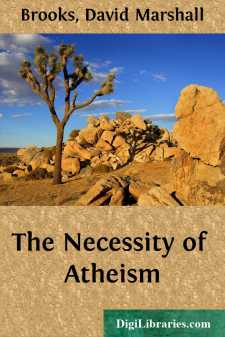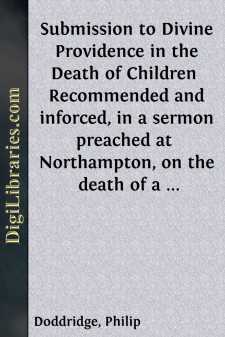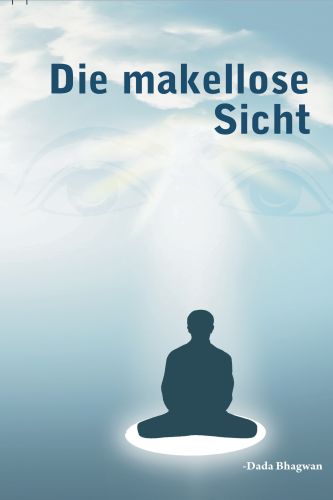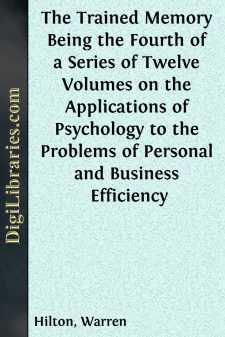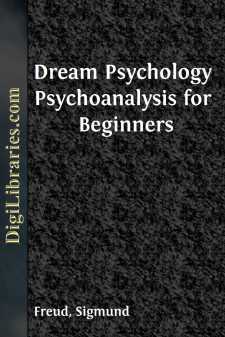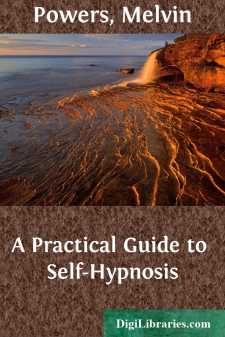Categories
- Antiques & Collectibles 13
- Architecture 36
- Art 48
- Bibles 22
- Biography & Autobiography 816
- Body, Mind & Spirit 145
- Business & Economics 28
- Children's Books 18
- Children's Fiction 14
- Computers 4
- Cooking 94
- Crafts & Hobbies 4
- Drama 346
- Education 58
- Family & Relationships 59
- Fiction 11831
- Foreign Language Study 3
- Games 19
- Gardening 17
- Health & Fitness 34
- History 1378
- House & Home 1
- Humor 147
- Juvenile Fiction 1873
- Juvenile Nonfiction 202
- Language Arts & Disciplines 89
- Law 16
- Literary Collections 686
- Literary Criticism 179
- Mathematics 13
- Medical 41
- Music 40
- Nature 179
- Non-Classifiable 1768
- Performing Arts 7
- Periodicals 1453
- Philosophy 66
- Photography 2
- Poetry 897
- Political Science 203
- Psychology 45
- Reference 154
- Religion 516
- Science 126
- Self-Help 86
- Social Science 82
- Sports & Recreation 34
- Study Aids 3
- Technology & Engineering 59
- Transportation 23
- Travel 463
- True Crime 29
Our website is made possible by displaying online advertisements to our visitors.
Please consider supporting us by disabling your ad blocker.
The Necessity of Atheism
Description:
Excerpt
PREFACE
Plain speaking is necessary in any discussion of religion, for if the freethinker attacks the religious dogmas with hesitation, the orthodox believer assumes that it is with regret that the freethinker would remove the crutch that supports the orthodox. And all religious beliefs are "crutches" hindering the free locomotive efforts of an advancing humanity. There are no problems related to human progress and happiness in this age which any theology can solve, and which the teachings of freethought cannot do better and without the aid of encumbrances.
Havelock Ellis has stated that, "The man who has never wrestled with his early faith, the faith that he was brought up with and that yet is not truly his own—for no faith is our own that we have not arduously won—has missed not only a moral but an intellectual discipline. The absence of that discipline may mark a man for life and render all his work ineffective. He has missed a training in criticism, in analysis, in open-mindedness, in the resolutely impersonal treatment of personal problems, which no other training can compensate. He is, for the most part, condemned to live in a mental jungle where his arm will soon be too feeble to clear away the growths that enclose him, and his eyes too weak to find the light." The man who has allowed his mental capacities to clear his way through the dense underbrush of religious dogma finds that he has emerged into a purer and healthier atmosphere. In the bright light of this mental emancipation a man perceives the falsities of all religions in their historic, scientific, and metaphysical aspects. The healthier mental viewpoint holds up to scorn and discards the reactionary religious philosophy of morals, and the sum total of his conclusions must be that religion is doomed; and doomed in this modern day by its absolute irrelevance to the needs and interests of modern life. And this not only by the steadily increasing army of freethinkers, but by the indifference and neglect of those who still cling to the fast slipping folds of religious creeds—- the future freethinkers.
It was Spinoza who remarked that, "The proper study of a wise man is not how to die but how to live." Religious creeds can but teach how man should live, so that when he dies, he may be assured of salvation; and the important thing is not what he does to help his fellow men while he is living, but how closely he lives in conformity to a reactionary code of dogmas. Religion has always aimed to smooth the sufferer's passage to the next world, not to save him for this world.
Freethought has dethroned the gods from the pedestal, and has replaced, not an empty idol, but an ideal, the ideal of a man who is his own god.
It has become increasingly apparent that what men have hitherto attributed to the gods are nothing but the ideals they value and grope for in themselves. The ideal of the freethinker, the conception that places the supreme worth of human life in the expanding horizon of man's usefulness to man, is forever menaced by the supernaturalism of the theist which manifests itself in the multifarious religious sects that are the most active and constant menace to civilization and to mankind today....


